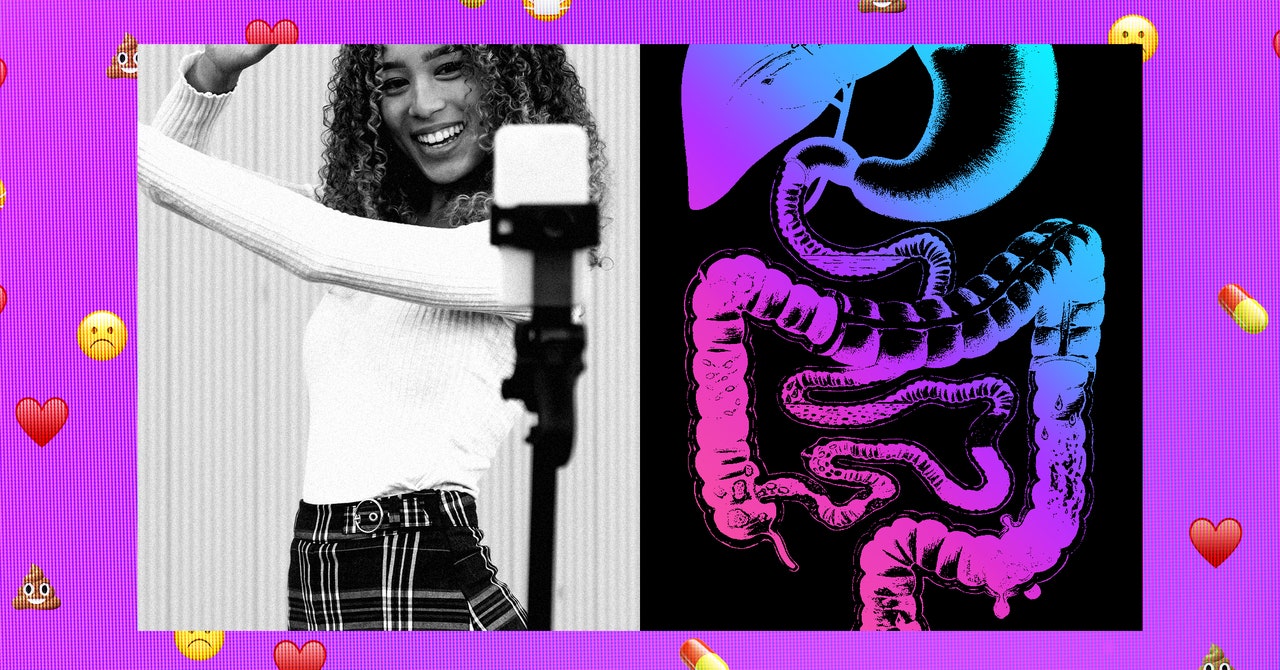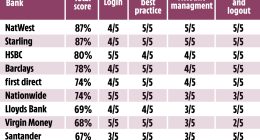

One of my assignments in my third year of medical school was to ask a clinic patient if I could visit him at home. The point of the exercise (slightly smug, like many such efforts at teaching humility to future doctors) was to better understand the impact of illness on a patient’s life by encountering it in its natural context, as opposed to the anonymous examination room. The man I visited was in his late twenties with a genetic condition that had led to delayed puberty, a lanky frame, and a lifelong dependence on testosterone shots. I sat across from him on a black leather couch in his sparsely decorated rancher and asked him at length about his job, his childhood, his dating life. He answered dutifully, too accustomed to the rhythm of clinical interviews to question what exactly I was there to learn. That was 15 years ago, and it felt quaint even then, cosplaying a long extinct species of country doctor, going through the motions of a house call on the grounds of curiosity rather than need.
These days, it’s fairly easy to find medical conversations set against a domestic backdrop. The telehealth paradigm sparked by the pandemic obliged me as a gastroenterologist to peer into my patients’ homes for months, my line of sight angled at their discretion toward face or navel, kitchen backsplash or quilted bedspread. Elsewhere on the internet, well past the bounds of privacy-compliant interfaces, other patients have staged their gastrointestinal challenges for a much wider audience. A woman who’s been constipated for over a week dances in order to stimulate a bowel movement. Another woman with a feeding tube winks and smiles as she prepares a bag of formula to a Miley Cyrus refrain. Stumbling past such intimate windows, I’m impressed by how perspectives once carefully solicited are now being actively volunteered.
While social media platforms like TikTok provide a showcase for all sorts of chronic distress, certain complex illnesses get emphasized because they are so often misunderstood. Such illnesses are sometimes termed “invisible” because the disability they entail isn’t obvious to the casual observer. In her recent memoir, The Invisible Kingdom, writer Meghan O’Rourke extends this definition to clinical invisibility, dwelling on conditions that medical practitioners might find “hard to diagnose and treat” because “they challenge existing frameworks.” Documenting these illnesses’ daily routines approximates the logic of a house call, shedding light on what can’t be seen through the lens of the clinic. Some of these illnesses, like gastroparesis (a delay in stomach emptying that can lead to nausea, fullness, and abdominal pain), fall within my professional wheelhouse, often clustering with others—like joint hypermobility syndrome, mast cell dysfunction, and postural orthostatic tachycardia syndrome (POTS)—for reasons that remain conjectural.
Certain patients I see in clinic with mysterious gastrointestinal symptoms will show me home footage as proof of those symptoms’ severity: selfies with distended bellies, clips of hysterical sobbing, photos of the wide-ranging contents of their toilet bowls. Many TikTok vignettes of chronic illness are making the same basic point, but with a bit more polish, and get exhibited instead as evidence for courts of public opinion. The motivation for many videos is couched in the language of advocacy, aimed at increasing awareness of a given illness or, just as often, of mainstream medicine’s tendency to trivialize it.
Several invisible illnesses are also contested illnesses, so labeled because their biological relevance is sometimes framed as a matter of opinion. This tension arises for the same reasons that O’Rourke lists in her memoir—the complexity of these diagnoses breaks with the reductive logic of biomedicine, which has no good methods available to confirm them. Even a condition like gastroparesis, legitimate enough to support decades of federally funded and industry-sponsored research, can be contested at its fringes. A test that quantifies a stomach’s rate of emptying can make the diagnosis, but a host of other variables (like medications, blood sugar, and acute stress) will skew its results, and a single patient can flip over time from abnormal to normal and back again. On TikTok, though, a label like gastroparesis carries weight, regardless of its clinical particulars, a stamp of legitimacy often styled as hard-won.
Many patients dread the possibility of a feeding tube when I first bring it up in clinic, unnerved by its invasiveness, this sudden detour along one of the body’s most familiar routes. The potential benefits come hand in hand with risks—bleeding, infection, electrolyte imbalances, more pain—so it surprises me when other patients ask for the intervention by name. When I search the term “feeding tube” on TikTok, I get, instead of a string of relevant thumbnails, a picture of a cartoon stomach holding a cartoon heart, and a button inviting me to “view resources” that turn out to be sourced from the National Eating Disorders Association. The underlying presumption, that anyone seeking information about feeding tubes would be better served by counseling on eating disorders, is one that would feel risky if I made it in my office. There, it might read as an example of the “medical gaslighting” that often gets recounted elsewhere on the same platform. It does make sense to screen for eating disorders before recommending an invasive mode of nutrition, which might hurt more than it helps in those circumstances. But the question can be difficult to broach neutrally with patients already primed to scrutinize clinical voices for notes of doubt or dismissal, let alone against a backdrop of medical history in which doctors (mostly men) have made the repeated mistake of attributing physical symptoms (mostly women’s) to a troubled mind.









